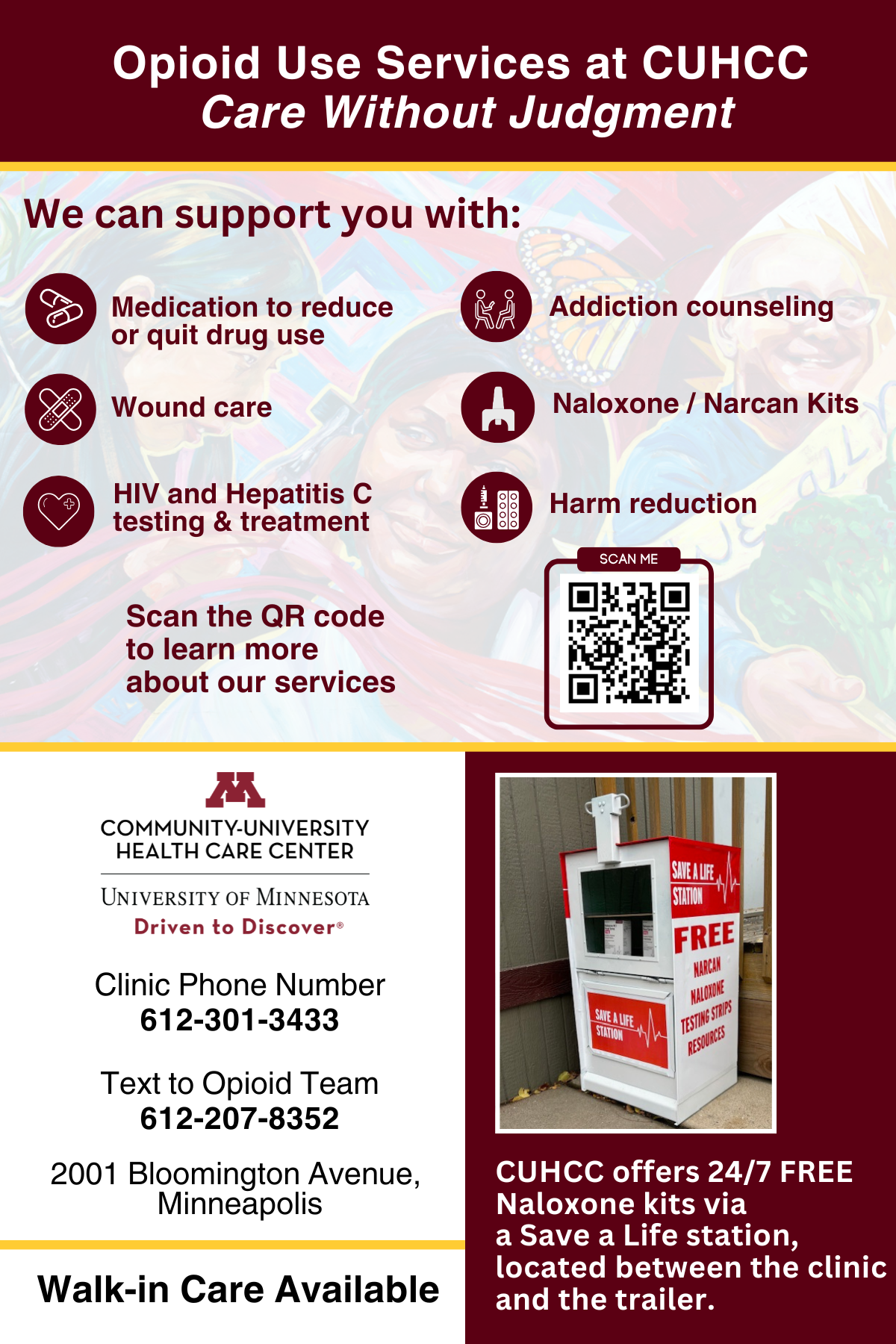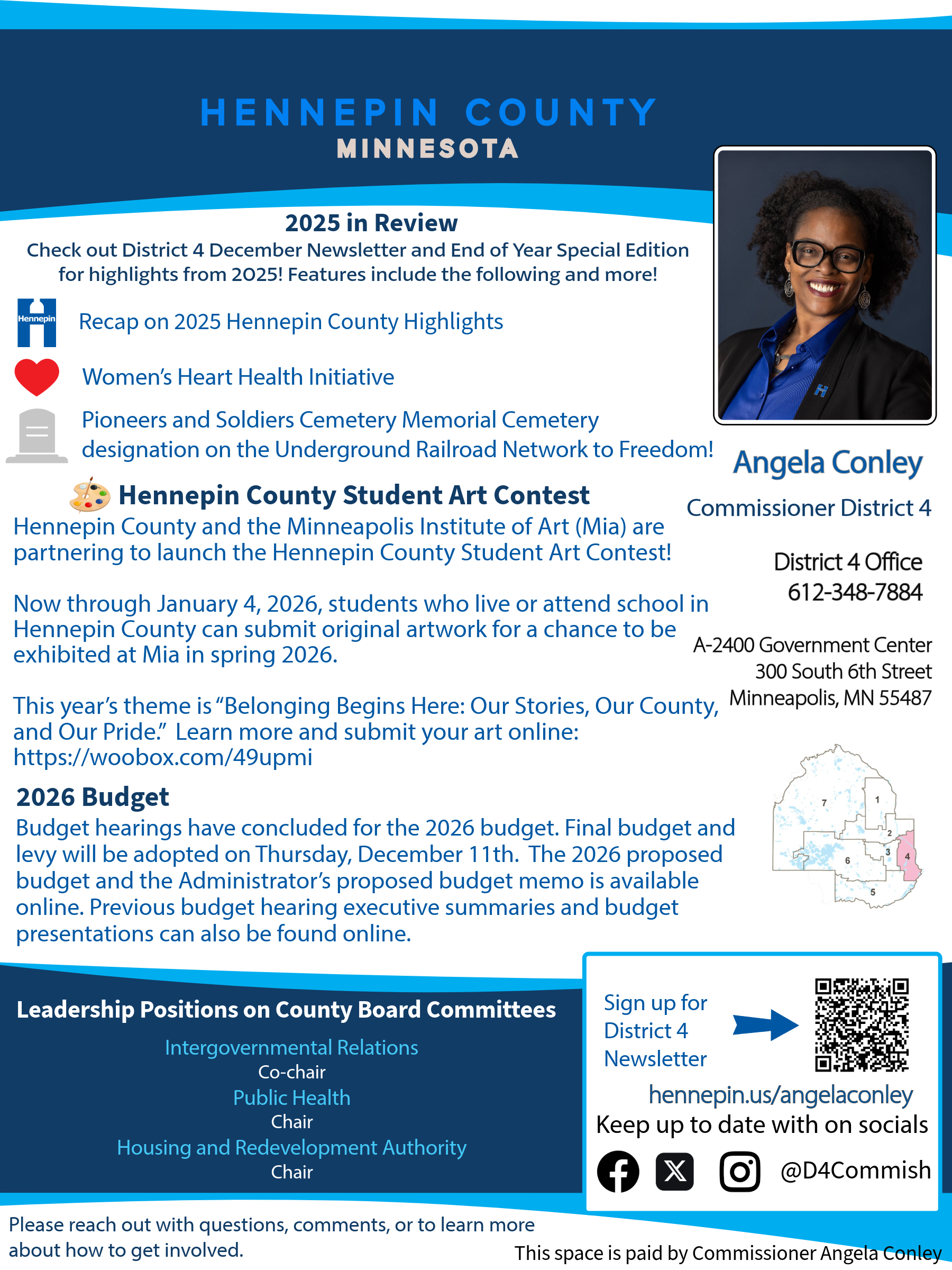By Peter Molenaar
When the brown-eyed children were exclusively praised in class, the blue-eyed children
receded. Thus, many years ago, the connection between self-esteem and learning capacity was demonstrated. Moreover one”'s self-image is a refection of an historically determined social context. So, when we talk about the racial achievement gap in math and reading, there is no need for hushed whispers.
Research shows that children facing hardships in their first five years of life are prone to developmental delays and long-term deficits. Hardships might include: poor access to healthcare and proper nutrition, lack of stable nurturing relationships, and little or no exposure to age-appropriate learning activities. The ongoing economic crisis exacerbates all the negative factors.
Does anyone doubt that child development is a foundation for a prosperous and sustainable society? Prioritizing in-need children should then be high on Minnesota”'s to-do list.
Here are some proven strategies for closing the gap:
All-day kindergarten
Smaller class size
High-quality childcare and early education programs
Extra opportunities (art, dance, sports)
Retention of quality teachers
Regarding quality teachers, there is a real need to develop and retain teachers from the oppressed nationalities. To this end, it is suggested that promising high school students be mobilized as teacher assistants and placed on track to become full-fledged teachers. In one example, the advanced student plays a supervisory role in the computerized learning lab. As the incentive, the student looks forward to a tuition-free university as per a commitment to the teaching profession.
Allow me to offer one reform proposition which wouldn”'t cost a penny. Why not set aside some regular time for students to muster “constructive criticism” of their teachers?
Certainly such a “cultural revolution” would dissipate accumulated negativity and sustain a higher level of unity.
Unfortunately, capitalism engenders powerful political forces which oppose us. But we do have our own strong voices.
Marian Wright Edelman says, “The cradle-to-prison pipeline must be shut down and replaced with an expressway to college and work.”
From North Minneapolis, Sondra Samuels said, “From womb to work, cradle to career, we must reweave the fabric of family and community.”
To which I will add: The struggle to reform our system of education is part and parcel to our vision of fundamental social transformation.









